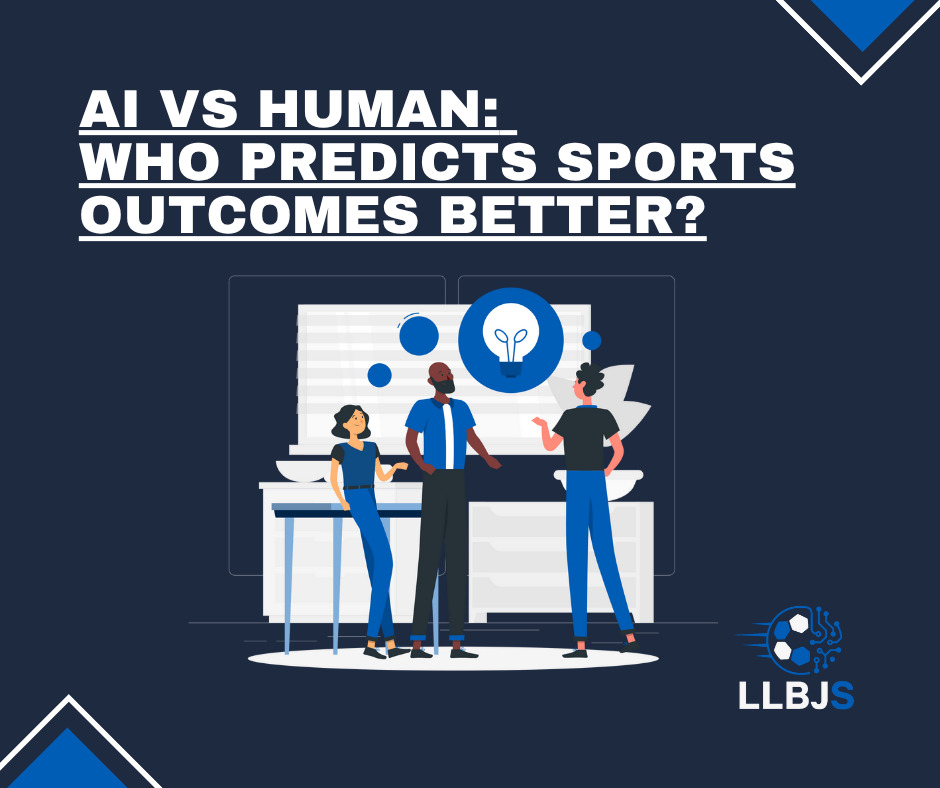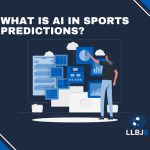I’d like to personally discuss the main differences between traditional professional bettors and AI predictions, and answer a popular question: Is AI really more accurate?
How Human Experts Predict Sports Matches
For most people, sports betting decisions are subjective—“I think” this team will win, or “I believe” that outcome. However, these subjective judgments have historically allowed bookmakers to thrive because if personal guesses consistently won money, bookmakers would have gone out of business long ago.
This isn’t to say bookmakers don’t have their subjective judgments; rather, they’re in a reactive role, taking bets from players. Yet, there certainly are skilled bettors who consistently win money betting on sports.
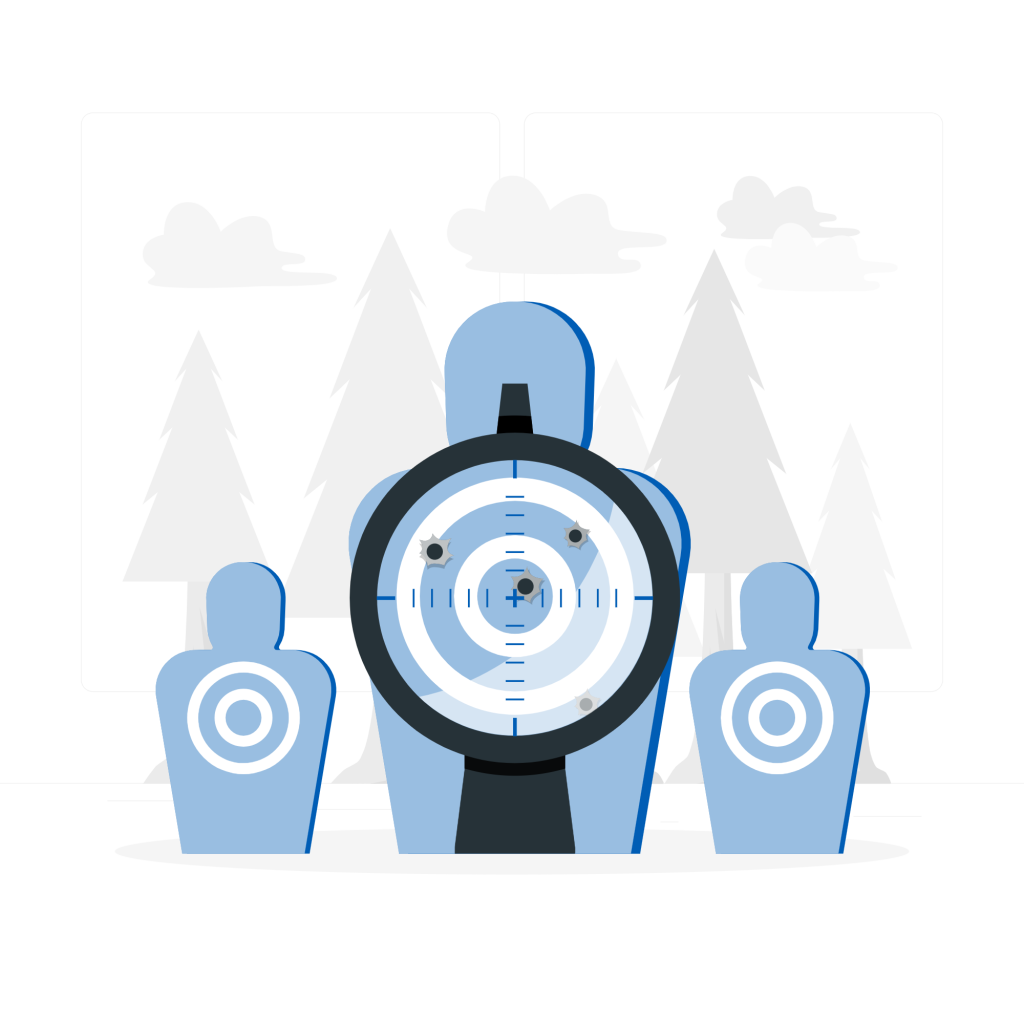
Traditionally, analyzing sports matches relied heavily on experience, direct observation, and basic data calculations. Some experts dedicate countless hours watching games, believing the details observed provide valuable insights. Others use simple programs to scrape online data into personal databases, and some even manually enter data unavailable publicly.
Regardless of the method, each expert ultimately develops their own odds (prices), effectively acting as bookmakers themselves. They then compare their odds to actual market odds, seeking valuable betting opportunities.When comparing human experts vs machine learning, humans have a significant advantage in contextual awareness and intuition. While humans rely on intuition and contextual knowledge, such as interpreting players’ psychological states or reacting to special circumstances (like star players arguing), AI often struggles because these situations provide limited data for analysis. This limitation is akin to stock trading, where AI lacks access to “inside information.”
How AI Predicts Sports Outcomes
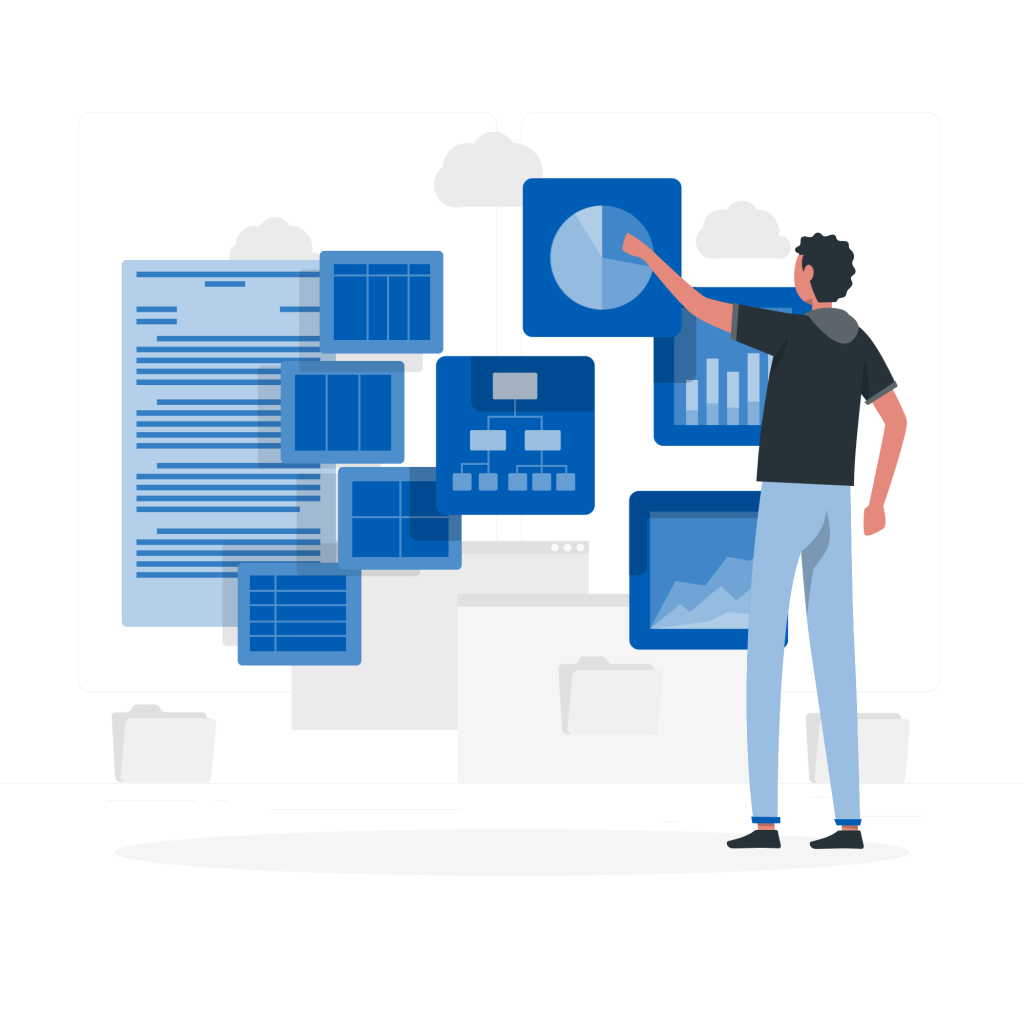
In contrast, AI’s methods of predicting sports outcomes (how AI predicts sports) are fundamentally different. AI analyzes vast historical and real-time data using machine learning models to discover underlying patterns and make predictions. AI’s strengths include speed, real-time analysis, the ability to process vast amounts of information without bias, scalability, and adaptability to new data.
As mentioned in the previous article, AI accuracy in sports betting has been well-established, generally surpassing human experts’ accuracy over the long term.
Head-to-Head: AI vs Human Prediction Accuracy
But what about short-term performance? You might have noticed friends who experience periods of remarkable accuracy, feeling they’re “blessed.” Indeed, everyone encounters streaks of exceptional accuracy. However, such streaks aren’t due to exceptional skill but rather because outcomes temporarily align with one’s betting methods. I’ve witnessed bettors winning consistently for two months, only to lose everything in the following month.
Therefore, to address the question of accuracy between AI vs human sports prediction, it’s essential to distinguish between short-term and long-term periods. Long-term, AI consistently outperforms humans. For example, ESPN’s NBA season prediction analysis revealed that the best AI prediction site achieved approximately 75% accuracy, whereas human experts averaged around 65%. Although these are not betting odds predictions, they clearly indicate AI’s advantage.
Nevertheless, humans have their short-term advantages, a logic I’ve integrated into Yuuwin.com’s prediction models. Different types of bots with various betting strategies perform best during different periods. Bettors simply need to manage their bankrolls effectively and follow these “hot” bots.
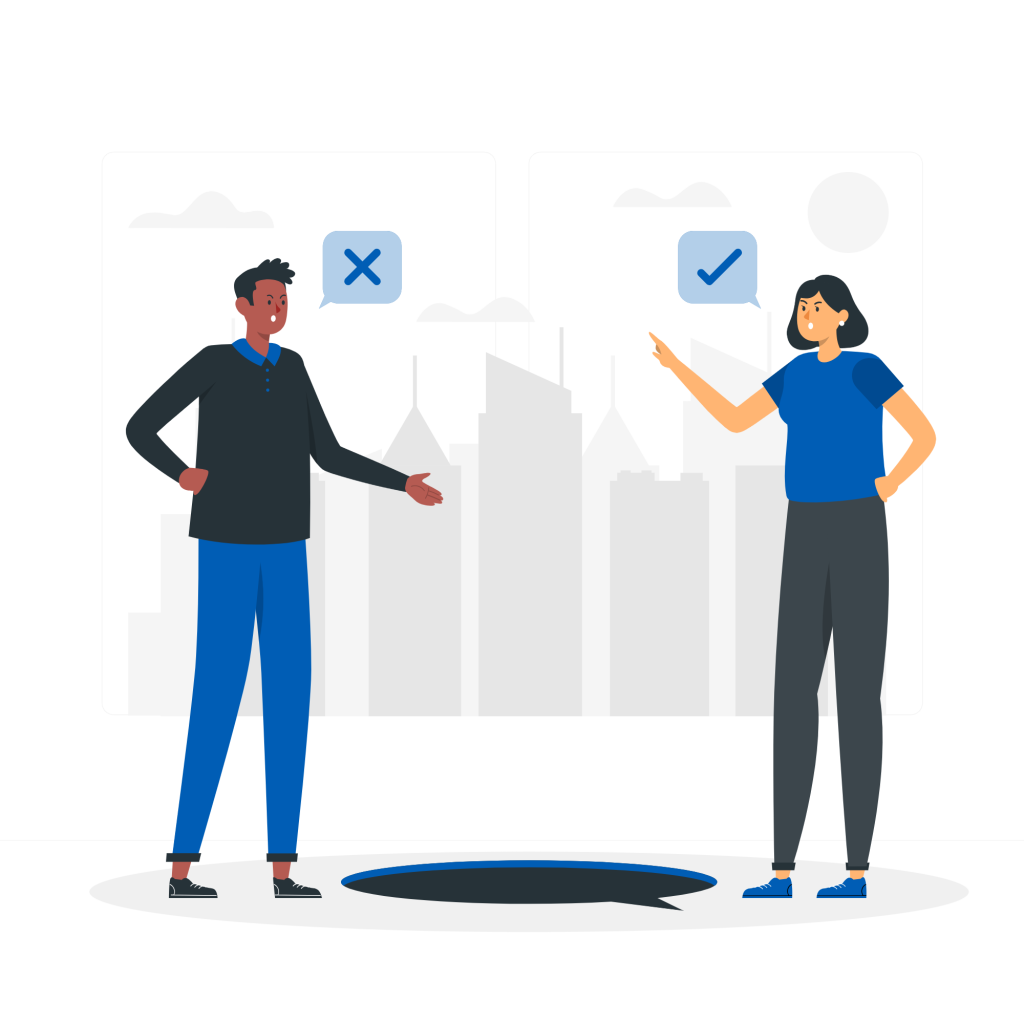
When to Trust AI, and When to Trust Humans
Finally, many still ask a simple question: Can I use AI to predict football matches, or even for betting? My answer is yes, but with limitations. AI betting predictions certainly have their constraints.
When asked similar questions, I often counter with: “What if bookmakers also use AI? Would it then become a competition of whose AI is superior?” My advice, after two decades of experience, is that AI should assist but not dictate your decisions. The ideal approach is combining personal judgments—whether subjective guesses or insider tips—with AI-generated data-driven answers. If both align, even losses won’t feel unjustified.
That’s why I recommend using the Yuuwin platform in this balanced way. Having paid my dues following tips blindly in my early days, I hope you can avoid similar costly lessons.
Frequently Asked Questions (FAQ)
Q1: Is AI really more accurate than human experts at predicting sports outcomes?
Yes, in the long run, AI has demonstrated higher accuracy. For example, ESPN’s NBA season prediction analysis showed AI sites achieving around 75% accuracy compared to human experts’ 65%. However, human experts can have periods of strong performance, especially in the short term, due to specific insights or luck.
Q2: When might human intuition be more valuable than AI predictions?
Human experts shine when it comes to contextual awareness and intuition. They can interpret factors like player psychology, team morale, or unforeseen circumstances (like a star player’s sudden injury or dispute before a game) that AI might miss due to limited data for such unique, non-quantifiable events.
Q3: So, can I just use AI for all my sports bets now and expect to win?
While AI is a powerful tool, it’s not a magic bullet for guaranteed wins. The article advises that AI should assist, not dictate, your decisions. Bookmakers may also use AI, making it a more complex field. The most effective approach is to combine AI’s data-driven insights with your own judgment or specific knowledge about a match.
Q4: What if bookmakers are also using AI? Does that negate the advantage of using AI for predictions?
If bookmakers use AI, it indeed changes the landscape, potentially becoming a competition of whose AI is superior. However, the fundamental principle of betting remains: finding value. AI can still help identify discrepancies or patterns that bookmakers’ models might miss or price differently, but it underscores the importance of not relying on it blindly and using it as one part of a broader strategy.

